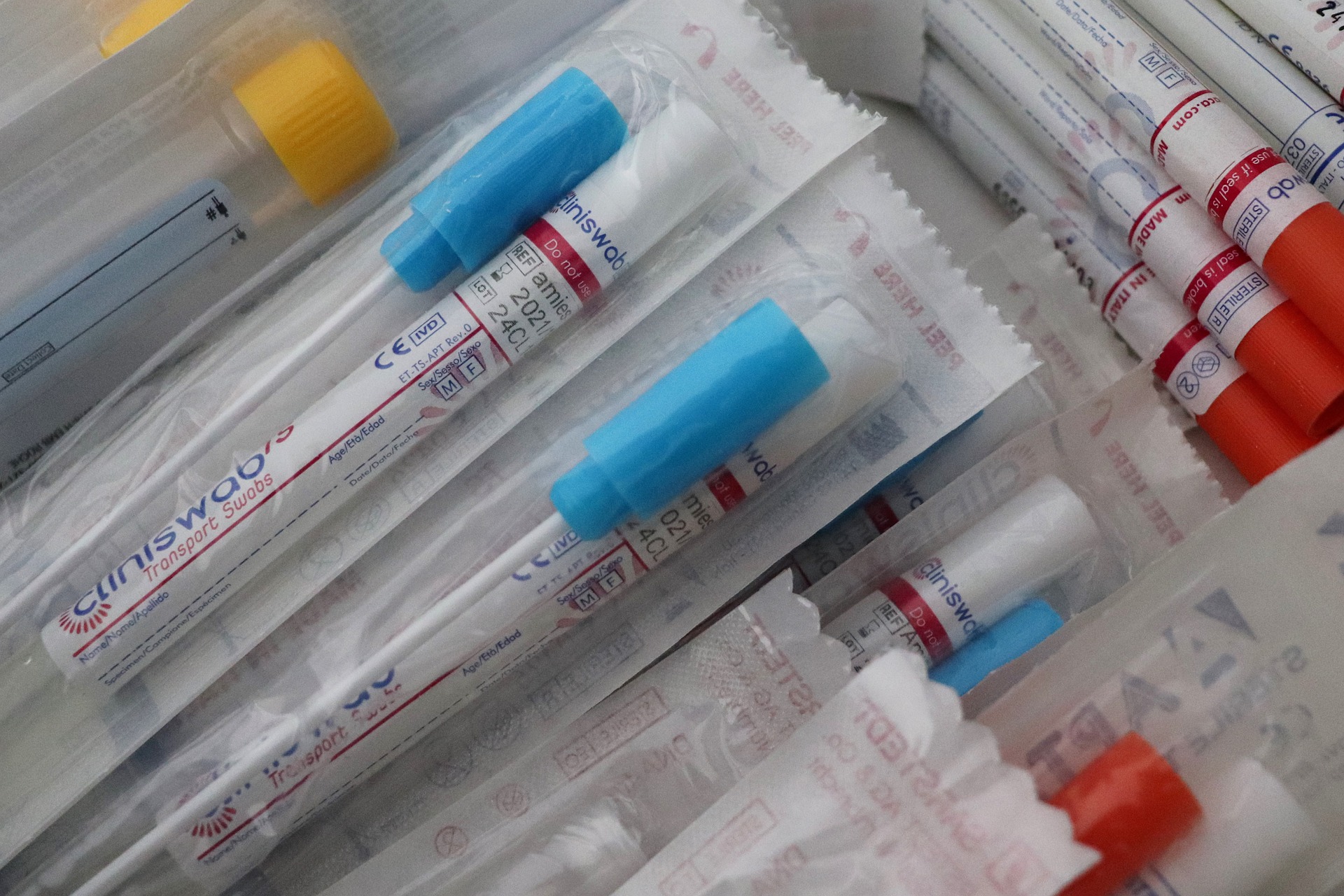The government has today announced a new team will support the Ministry of Health’s COVID-19 testing strategy, nationally and at the borders.
The strategy was announced in June, but PM Jacinda Ardern said the risk of coronavirus getting through the border needs to be reduced further. The new team will be led by Heather Simpson, who chaired a recent review of the health and disability sector, and Sir Brian Roche, who is currently in charge of the Contact Tracing Assurance Committee.
The SMC asked experts to comment on border testing.
Dr Nikki Freed, Senior Lecturer in the School of Natural and Computational Sciences, Massey University, comments:
“Border workers are an excellent group of people to use rapid, minimally invasive COVID-19 testing techniques such as the SalivaDirect method developed by Nathan Grubaugh and Anne Wyllie at Yale University. This method was recently given Emergency Use Authorization by the FDA and is well suited for groups of people who require repeated testing. It uses saliva instead of a nasal swab and therefore is less invasive. It is also simpler, faster, and uses fewer reagents. Asking staff who work at the managed isolation and quarantine facilities to submit a saliva sample each day, or every few days, along with routine temperature checks and health questionnaires, could be a way to frequently screen these workers without causing them too much discomfort.
“I think the government is doing an excellent job of continually updating their response and strengthening border controls. We knew the possibility of an outbreak was very likely, and it does look as though we have caught the current outbreak in Auckland early. The massive levels of testing, contact tracing, and willingness of people in Auckland to stay at home during Level 3 has shown it may be possible to stamp out this new outbreak.”
Conflict of interest statement: Dr Freed has been awarded HRC funding to research rapid diagnosis and genome sequencing to follow the coronavirus outbreak.
Professor Michael Plank, Te Pūnaha Matatini and University of Canterbury, comments:
“Our modelling suggests that regular weekly testing of all border workers should give us reasonable confidence that any incursions will be detected before they can cause a large outbreak. That seems to be what has happened with the case in the Rydges maintenance worker and this is an example of the system working as it’s supposed to. However, it’s important to remember that regular testing of workers is just one of a set of measures that we need to keep us safe, including contact tracing, testing, mask use, social distancing, and avoiding crowded spaces.”
Conflict of interest statement: I am partly funded by MBIE for research on mathematical modelling of COVID-19.
